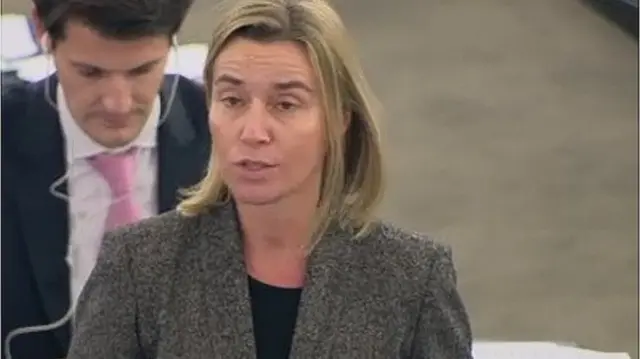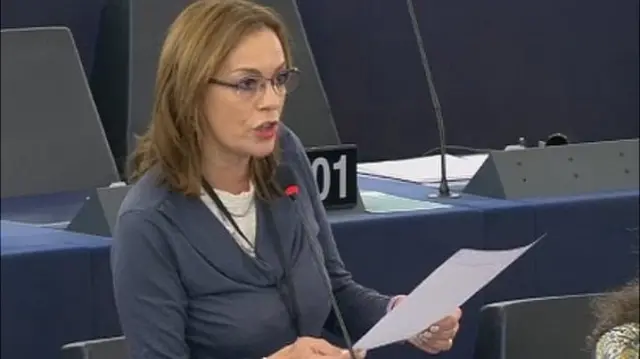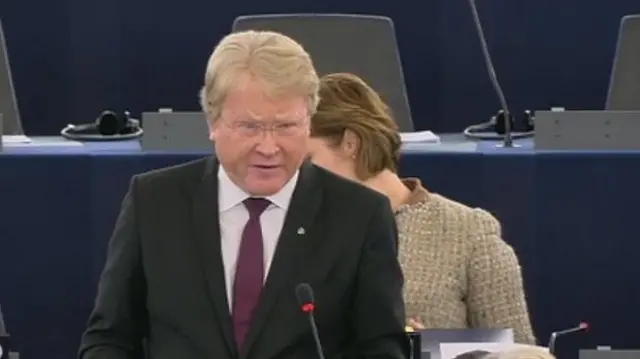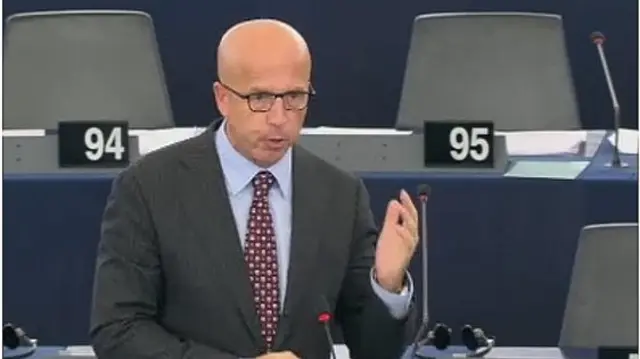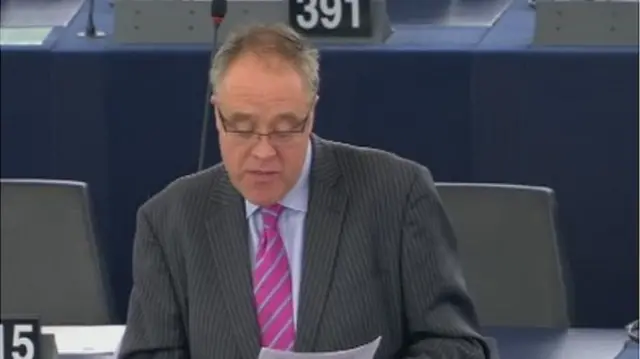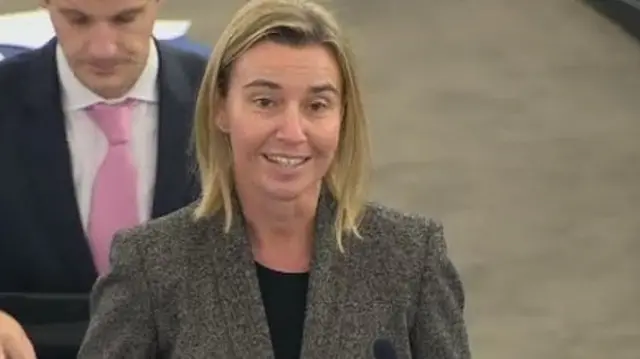Next debatepublished at 16:44 GMT 26 November 2014
That's the debate on whether to recognise Palestine as a state finished. The vote on the resolution will take place next month.
The next item on today's agenda is will be a debate following a statement from the Commission about the 25th anniversary of the UN Convention on the Rights of the Child, external, which was adopted in November 1989.
